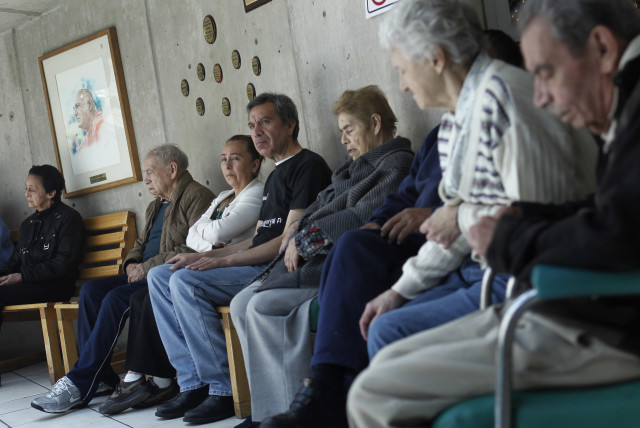Sleep is as essential for brain health as exercise

The cognitive benefit exercise was unable to mitigate the faster cognitive decline that was associated with poor sleep.
Insufficient amounts of sleep can have a more severe impact on your cognitive performance than a lack of physical inactivity as well as hasten the onset of dementia, according to a new study published this week.
The study was published in The Lancet Healthy Longevity, a peer-reviewed medical journal.
Keeping a healthy brain as you age requires good care of your body. The study’s authors note that physical exercise and sleep go hand-in-hand in increasing the longevity of the brain. In this study, researchers weighed the impacts of sleep quality vs. physical exercise on cognitive function over time among adults.
As poor health habits lead to poor cognitive functioning and earlier onset of degenerative diseases such as Alzheimer's and other dementias, being able to weigh the impact of various health habits is relevant for medical researchers.
“As no effective treatment exists for Alzheimer’s disease, it is particularly important to identify modifiable risk factors for poor cognitive function from midlife onwards to delay the onset of clinical symptoms,” said the study authors.
Study was conducted over the course of more than a decade
The study selected participants who were, at the outset of the study, at least fifty years old. Individuals with a diagnosis of dementia or other cognitive impairment were excluded.
Researchers collected data from participants for over a decade in two-year intervals. At the baseline, participants were asked about their exercise habits and nightly sleep duration. Then, at each biennial interview, participants were given a cognitive assessment.
Researchers then used models to examine both the independent and joint associations of physical exercise and sleep duration on cognitive well-being.
Perhaps unsurprisingly, the study found that “lower physical activity and suboptimal sleep (including less than the optimal amount of sleep) were independently associated with worse cognitive performance.”
At baseline, those who had good exercise habits performed the best. However, over time, those who engaged in optimal, regular exercise but didn’t get sufficient sleep experienced the same cognitive decline as those who also slept too little but didn’t exercise.
Jerusalem Post Store
`; document.getElementById("linkPremium").innerHTML = cont; var divWithLink = document.getElementById("premium-link"); if (divWithLink !== null && divWithLink !== 'undefined') { divWithLink.style.border = "solid 1px #cb0f3e"; divWithLink.style.textAlign = "center"; divWithLink.style.marginBottom = "15px"; divWithLink.style.marginTop = "15px"; divWithLink.style.width = "100%"; divWithLink.style.backgroundColor = "#122952"; divWithLink.style.color = "#ffffff"; divWithLink.style.lineHeight = "1.5"; } } (function (v, i) { });

